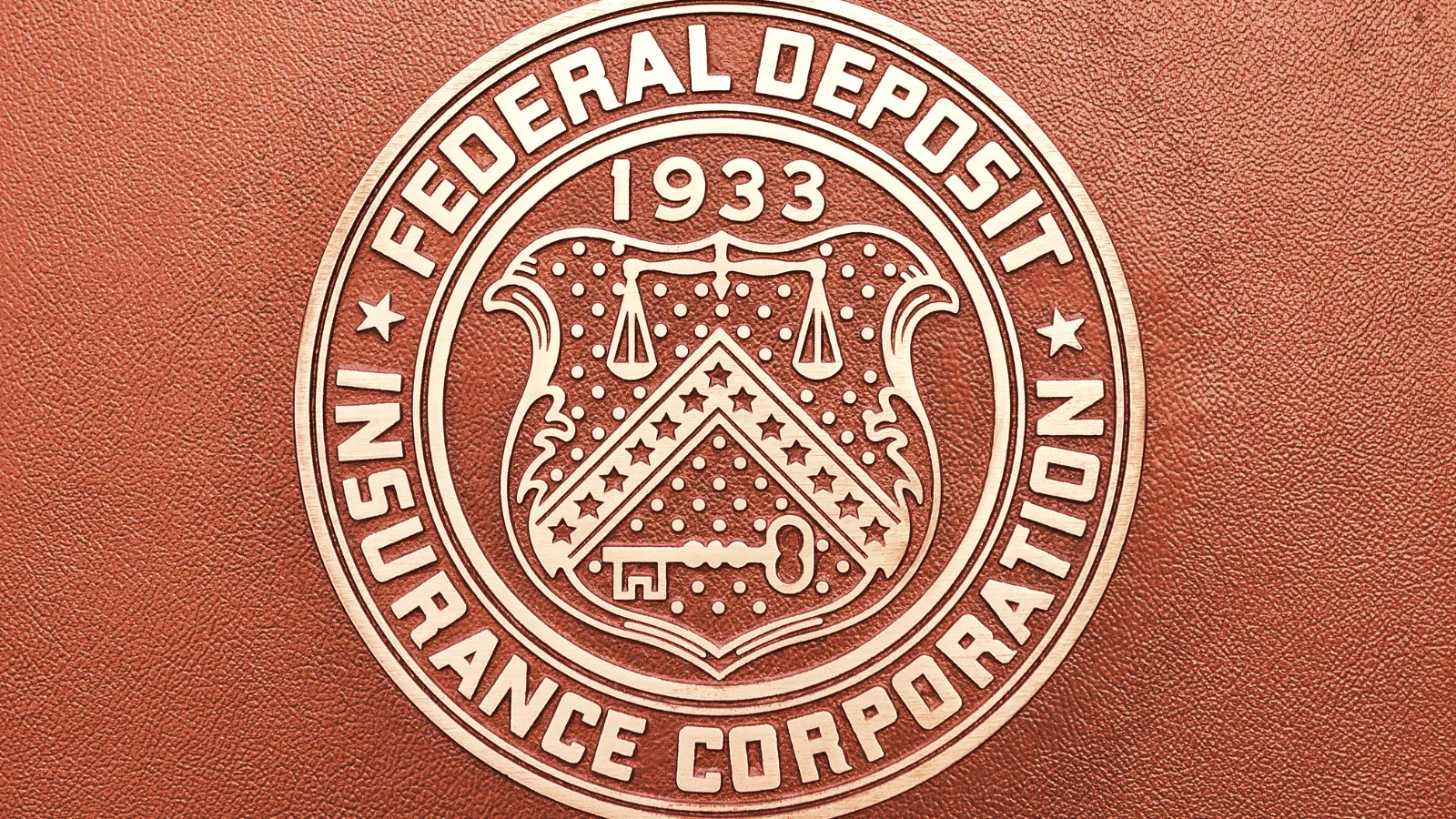The FDIC is taking a closer look at crypto, specifically stablecoins, according to its acting chairman.
The Federal Deposit Insurance Corporation (FDIC), alongside other Federal banking agencies, is expected to issue industry-wide guidelines for financial institutions dealing in crypto, said the FDIC’s Martin Gruenberg.
The FDIC is a consumer protection agency that insures users’ deposits and oversees financial institutions for safety to protect investors in the event of bank failures.
At a Brookings Institution event on Thursday, Gruenberg said that the FDIC has been investigating the risks of cryptocurrencies since April 2022.
But that doesn’t mean he is wholly critical of the sector.
In fact, Gruenberg specifically lauded stablecoins and their "ability to offer cost-effective, real-time, around-the-clock service."
According to him, stablecoins could fundamentally alter the banking industry and should thus be subjected to a legal framework and regulation.
“All payment stablecoin issuers should – just like banks, whether Federal or state-chartered, be subject to prudential regulation and oversight,” he said.
As the agency gains better knowledge of the industry, it, alongside other Federal banking agencies, will begin offering supervisory feedback to financial institutions.
“As the FDIC and the other Federal banking agencies develop a better collective understanding of the risks associated with these activities, we expect to provide broader industry guidance on an interagency basis,” Martin Gruenberg said at the event.
FDIC and crypto
One of the likely reasons behind FDIC’s increased interest in developing guidelines for financial institutions can be closely attributed to several past misrepresentations of its policies made by crypto firms.
The now-bankrupt crypto company Voyager allegedly deceived its users by marketing that all depositors in the firm were covered by FDIC insurance through its partnership with Metropolitan Commerical Bank, Voyager’s banking partner.
In July 2022, the FDIC denied Voyager’s claims and explained that only Metropolitan Commercial Bank is insured, not Voyager.
Later that month, the FDIC and the Federal Reserve ordered Voyager to avoid making false statements.
“In addition, false and misleading statements, either direct or implied, by crypto–asset entities concerning the availability of federal deposit insurance for a given crypto–asset product violate the law,” said Gruenberg.

